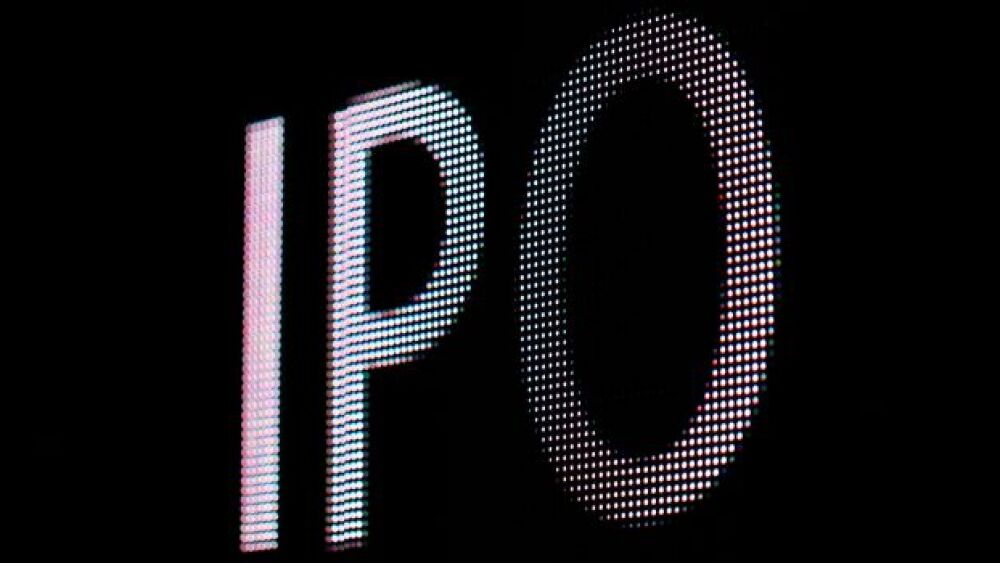The year kicked off with a bang as multiple companies raced to a public listing.
The year 2021 saw dozens upon dozens of biopharma companies taking the step to become publicly traded entities and generate hundreds of millions of dollars to fund the research and development of experimental medications.
The year kicked off with a bang as multiple companies raced to a public listing. Leading the way was TCR2 Therapeutics, which secured $140 million to support the development of novel T-cell therapies for solid tumors and hematological cancers. While $140 million is certainly a respectable amount, that number falls far short of some of the biggest IPOs of the year.
In the first half of the year, there were numerous reverse mergers between life sciences companies and special purpose acquisition corporations (SPACs). Perhaps the largest of these SPAC deals in 2021 was the merger between 23andMe and VG Acquisition Corp., which raised approximately $592 million in gross proceeds. The funds were earmarked to support 23andMe’s genetic and phenotypic database, which has accelerated personalized healthcare, as well as the new drug development efforts that are building on its relationship with GlaxoSmithKline. The deal gave the company a $3.5 billion valuation.
Another SPAC deal bolstering a company’s bank account was the merger between EQRx, which launched last year, and CM Life Sciences III, Inc. The deal provided EQRx with an immediate $1.8 billion in cash that will be used to advance development of the company’s pipeline. EQRx has a pipeline of more than 10 programs, including two oncology products that have shown promising Phase III data.
One of the biggest IPOs of the year goes to Utah-based Recursion Pharmaceuticals, which raised more than half-a-billion dollars in its IPO. Recursion, which is harnessing the power of its Recursion Operating System, raised $501.8 million for all options were exercised. That final number dwarfed the initial $306 million the company expected to bring in.
Following closely behind Recursion’s massive raise, was Lyell Immunopharma, Inc. South San Francisco-based Lyell raised $425 million to support the development of its T-cell therapies. The company is on track to submit four Investigational New Drug applications by the end of 2022. Lyell’s focus is addressing barriers that limit consistent and curative responses to adoptive T cell therapy, T cell exhaustion and lack of durable stemness.
Dallas-based Instil Bio brought in a Texas-sized sum in its March IPO. The cell therapy company raised $368 million to support the development of its autologous TIL therapies. Instil’s lead candidate, ITIL-168, is being assessed in a Phase II study as a potential treatment of advanced melanoma. It is also being studied for its potential against other solid tumors. The company is also advancing ITIL-306, a next-generation, genetically engineered TIL therapy for multiple solid tumors.
In November, Shanghai-based LianBio nabbed $325 million in its IPO. The company is developing a diverse portfolio of investigational therapeutics aimed at multiple indications, including respiratory, oncology, ophthalmology and inflammatory diseases. LianBio’s assets are being developed for the Asian market. Two of these assets are in late-stage development, one for cardiovascular disease and the other in oncology.
Another pharma company that raised more than $300 million in its IPO is California-based Caribou Biosciences, which secured $304 million. Caribou is using the proceeds to develop its CRISPR-based gene therapies. Caribou is developing a pipeline of genome-edited, off-the-shelf CAR-T and CAR-NK cell therapies for the treatment of both hematologic malignancies and solid tumors. The therapies target cell surface antigens for which autologous CAR-T cell therapeutics have previously demonstrated clinical proof-of-concept as well as additional emerging targets.
Other companies that nabbed more than $300 million included Adagio Therapeutics, which raised $318 million to support antibody-based therapies for infectious diseases, and Erasca, Inc., which raised $345 million. Erasca takes its name from its mission, “Erase Cancer.” The company is developing therapies for patients with RAS/MAPK pathway-driven cancers. Also crossing the $300 million barrier was Cambridge, Mass.-based Verve Therapeutics, which raised $306.7 million. Funds are supporting development of gene therapies for cardiovascular diseases.
Centessa Pharmaceuticals, which launched at the beginning of the year following the merger of 10 private biotech companies, raced to the NASDAQ by early summer. In June, the company announced it had secured $379.5 million in its IPO. That came four months after the company raised $250 million in a Series A financing round.
Although the number of companies racing to go public slowed in the last quarter of the year, with 2022 on the horizon, biopharma companies could be champing at the bit to test the waters and file for an IPO or seek a SPAC merger.





